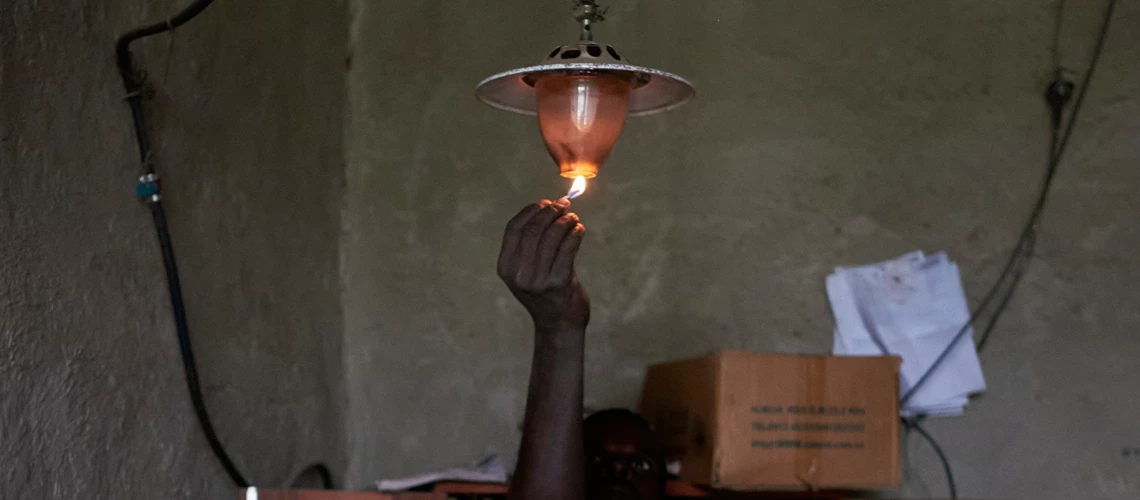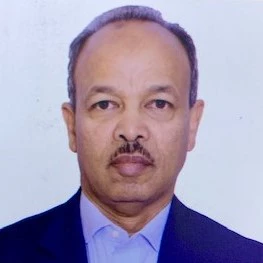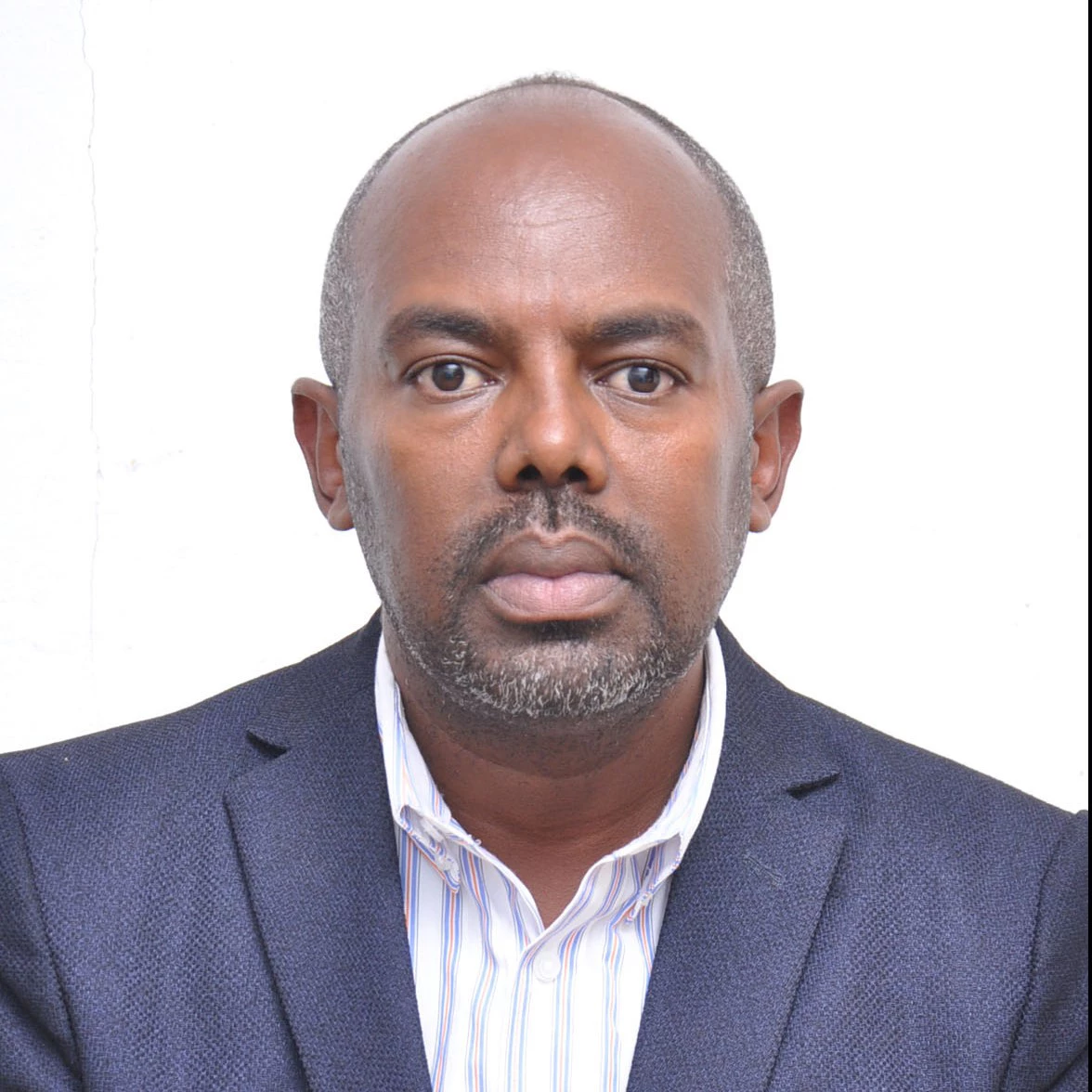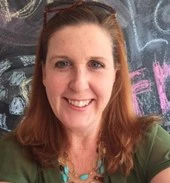 Photo: Peng Liu/World Bank
Photo: Peng Liu/World Bank
At sunset in Ethiopia, thousands of children who previously struggled to study after dark are turning on solar lanterns or using lights from a solar home system to be able to read and write.
Meanwhile, in the Sidama region, Shewaye Sebesebe is beginning to cook dinner using a biogas digester. The device allows her to breathe easier as she no longer needs burn wood for fuel in her home. She uses the waste from the stove on her farm, where she says it has greatly increased her crop yields and has been able to sell extra bio-slurry for additional income.
In the process, Shewaye, the children using the lamps, and thousands of other people across the country are reducing carbon which will result in emissions reduction payments to Ethiopia, money that will further support the millions of Ethiopians who do not have access to electricity.
These people are part of programs conducted by the World Bank's Carbon Initiative for Development (Ci-Dev), which provides payments for emissions reductions on a results-basis. In Ethiopia, Ci-Dev is working with the Development Bank of Ethiopia (DBE) to increase energy access through off-grid renewable energy and clean cooking.
Access to electricity remains a significant challenge for rural communities in Ethiopia, where 57.3% of the rural population lacks this basic amenity. In the absence of electricity, people in these areas are forced to rely on alternative sources of energy such as candles, kerosene lamps, and firewood; sources which are often associated with significant health risks due to toxic fumes and indoor pollution.
Access to electricity remains a significant challenge for rural communities in Ethiopia, where 57.3% of the rural population lacks this basic amenity.
Through the Electricity Network Reinforcement and Expansion Project (ENREP), Ci-Dev and DBE are working to distribute 2.8 million solar lanterns and more than 200,000 solar home systems to households that are not connected to the electrical grid as well as promote and increase the affordability of biogas digesters which convert manure and organic household waste into a clean fuel that can be used for cooking.
The funds for the project come through purchases by Ci-Dev of greenhouse gas emissions reductions. The Emissions Reductions Purchase Agreements (ERPAs) for both programs were signed with DBE in 2016, amounting to $20.2m.
The programs are designed in line with Ci-Dev's priority to mobilize private sector finance and have leveraged $55.87 million of finance from small and medium enterprises participating in the program and households during the last eight years.
Both programs have shown good progress and have provided approximately 3.2 million people with clean energy. As of January 2024 Ci-Dev had paid Ethiopia $3.46 million for Certified Emissions Reductions (CERs), which are high quality, high integrity compliance credits, verified by a third party and issued by UNFCCC. These funds will further contribute to Ethiopia’s efforts to decarbonize and support vulnerable populations.
As of January 2024 Ci-Dev had paid Ethiopia $3.46 million for Certified Emissions Reductions (CERs), which are high quality, high integrity compliance credits, verified by a third party and issued by UNFCCC.
The carbon revenues generated from the off-grid program are used to cover a 40% price discount per battery replacement for solar home systems, incentives for solar home system technicians, and customer information and warranty tracking systems for solar lanterns and solar home system customers. The clean cooking CERs revenues are directed towards direct investment subsidy, repair, and maintenance of biodigesters.
Mulu Abera, General Manager of Alviol General trading, one of the beneficiaries of the credit, emphasized how the World Bank support has meant more than access to renewable energy “it has also proven vital in fueling local economic growth through job creation, especially to the women and unemployed youngsters of the rural Ethiopia.”
The carbon credits generated from 2021 to 2024 will be issued under the Standardized Crediting Framework (SCF), a streamlined, country-owned emissions reduction framework that can convert emissions reductions into carbon credits.
Erwin De Nys, Practice Manager for the Climate Change Group’s Climate Finance Mobilization Unit notes this huge achievement for Ethiopia “The establishment of SCF in a country enables it to engage in Article 6 transactions and mobilize additional resource from the private sector. This is particularly significant in Ethiopia, where fragility, conflict, and violence pose a threat to the efforts aimed at achieving sustainable growth and ending extreme poverty.”
Multi-faceted, country-specific programs like Ci-Dev’s in Ethiopia show that well designed initiatives go much further than the GHG emission reductions and payments: they improve energy access, health, and living conditions in rural households, particularly for women and children.
As the Bank continues to scale up its carbon markets work, programs like Ci-Dev are providing important lessons learned on how to maximize impact for people and communities through innovative approaches for a more livable planet.






Join the Conversation